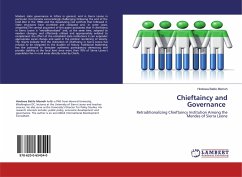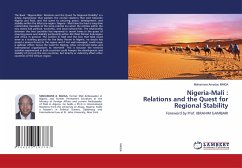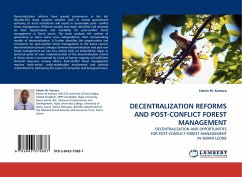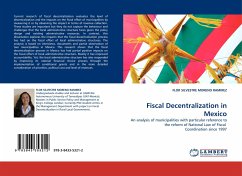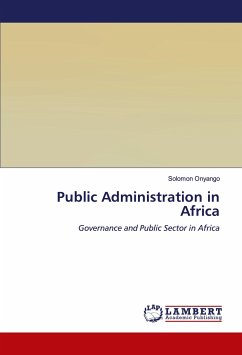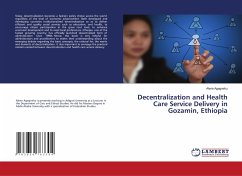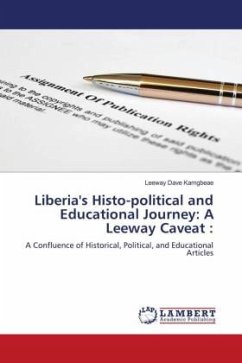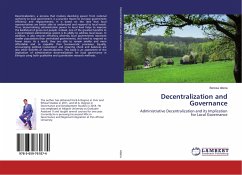Modern state governance in Africa in general, and in Sierra Leone in particular, has become excruciatingly challenging following the end of the Cold War in the 1990s and the devastating civil conflicts that followed it. State structures have crumbled and collapsed and, in some cases, atrophied.The central argument of this paper postulates that if chieftaincy in Sierra Leone is "retraditionalized" and, at the same time, adapted to modern changes, and effectively utilized and appropriately enlisted to complement the effort of the enfeebled state institutions it can engender appropriate social change and assist in the political reordering of society. The results indicate that the institution of chieftaincy in Sierra Leone has refused to be relegated to the dustbin of history. Traditional leadership has the potential to stimulate authentic participatory democracy and provide stability at the local level since more than 70% of Sierra Leone's population live in rural areas directly ruled by Chiefs.
Hinweis: Dieser Artikel kann nur an eine deutsche Lieferadresse ausgeliefert werden.
Hinweis: Dieser Artikel kann nur an eine deutsche Lieferadresse ausgeliefert werden.

